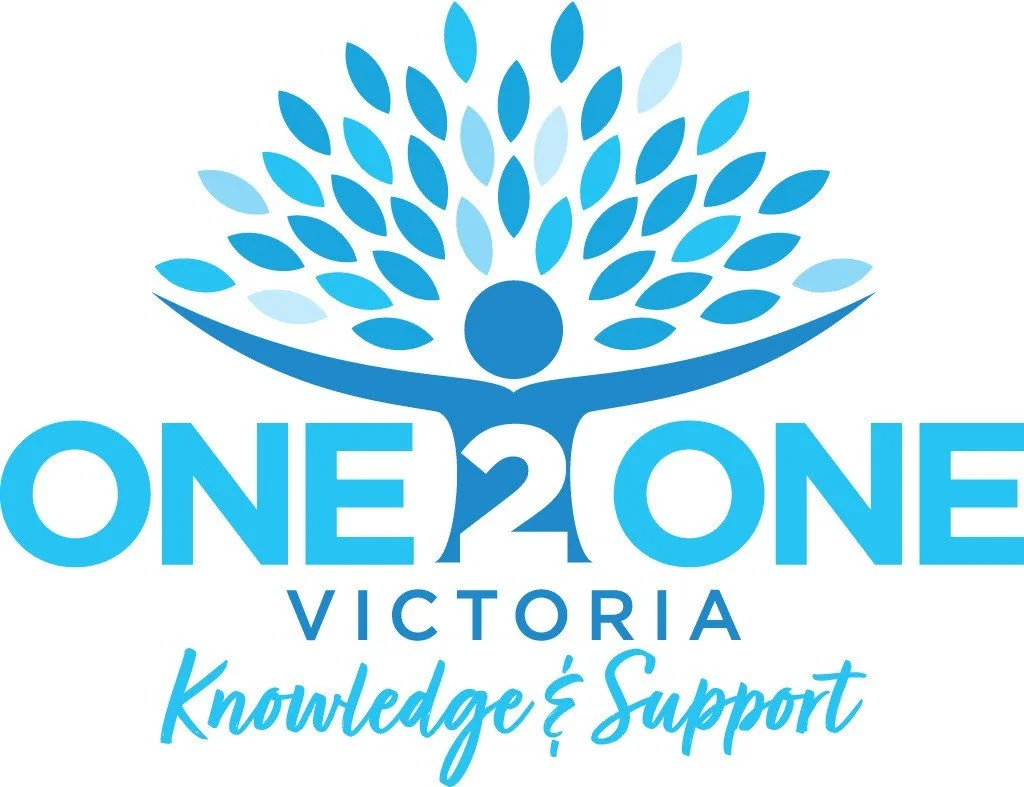What Happens in a Mentoring Session?
In a mentoring session, the process typically involves the following key elements:
Setting the Agenda: The session starts with a discussion about the goals or issues the mentee wants to focus on. This could be a specific challenge they’re facing, a skill they want to develop, or a situation they need guidance on.
Reflective Discussion: The mentor may ask questions to help the mentee reflect on their experiences, what went well, and what could be improved. This encourages self-awareness and helps the mentee think critically about their practice.
Feedback and Guidance: The mentor provides constructive feedback on the mentee’s actions, offering insights on how to improve. This feedback might include advice on specific strategies, techniques, or approaches relevant to the mentee’s work.
Skill Development: The mentor may teach or reinforce particular skills or knowledge, helping the mentee improve their practice. This could involve role-playing scenarios, problem-solving together, or discussing theoretical frameworks.
Goal Setting and Action Plan: Together, the mentor and mentee set specific, measurable goals for the mentee’s development. An action plan is often created, outlining the steps the mentee will take to achieve these goals.
Support and Motivation: Mentoring sessions provide emotional support, encouragement, and reassurance. The mentor might share their own experiences and provide moral support to help the mentee feel motivated.
Closing the Session: At the end of the session, there’s typically a summary of key points discussed, including any feedback, goals, and action items. The mentor and mentee may agree on follow-up steps and set a time for the next session.
Overall, a mentoring session is an interactive and supportive space where the mentee gains insights, develops skills, and receives guidance to enhance their professional practice.

